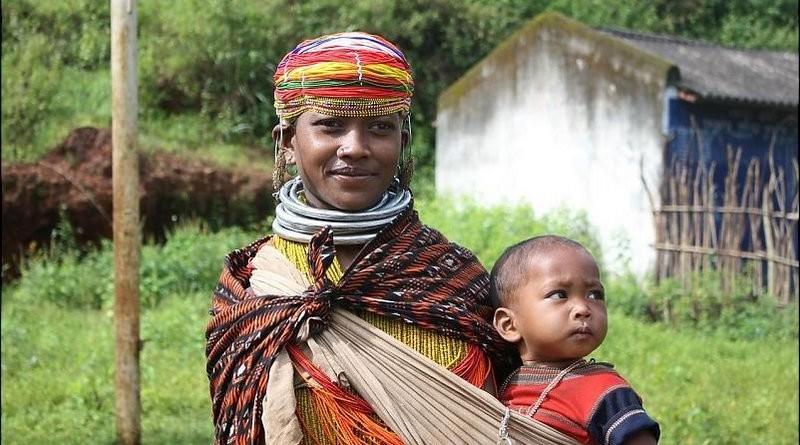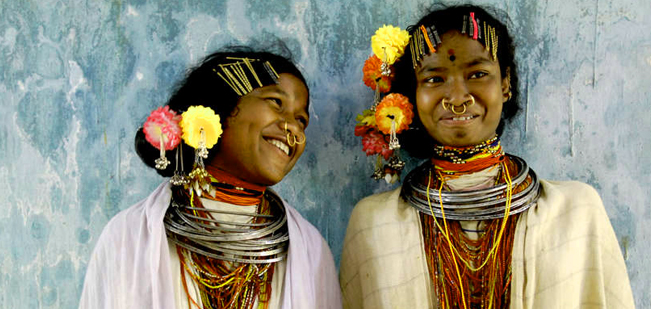Odisha is home to a rich diversity of indigenous tribes, each with its own unique culture, traditions, and way of life. While it’s essential to recognize that conditions and circumstances can vary significantly among different tribal communities in Odisha, here is a brief overview of how many of these tribes traditionally live their lives:

- Lifestyle: Many tribal communities in Odisha continue to lead a predominantly agrarian lifestyle, relying on farming, hunting, and gathering for their sustenance. Agriculture is a central occupation for these tribes, with crops like rice, millets, and pulses being cultivated.
- Housing: Traditional tribal dwellings are often made of natural materials such as bamboo, thatch, and mud. These huts are well-suited to the local climate and are built in harmony with the environment.
- Culture and Traditions: Tribal communities in Odisha have rich cultural traditions, including music, dance, and oral storytelling. They celebrate various festivals that are closely tied to nature, agriculture, and their ancestral beliefs.
- Clothing: Traditional attire varies among different tribes. Men might wear dhotis (loincloths) or lungis, while women often wear saris in distinctive regional styles. Many tribes have their unique jewelry and adornments.
- Social Structure: Tribal societies often have their own governance structures and social hierarchies. Village councils or councils of elders play a significant role in dispute resolution and community decision-making.
- Economy: In addition to agriculture, some tribal communities engage in forest-based activities such as collecting forest produce, making handicrafts, and, in some cases, selling forest products. However, access to and control over natural resources can be a contentious issue.
- Education and Healthcare: Efforts have been made by the government and NGOs to improve access to education and healthcare for tribal communities. However, challenges such as remote locations and language barriers can hinder these efforts.
- Challenges: Many tribal communities in Odisha face challenges such as poverty, land rights issues, lack of access to quality healthcare and education, and vulnerability to natural disasters. Efforts are ongoing to address these issues and uplift the living conditions of tribal populations.

It’s important to note that the way of life for tribal communities in Odisha is not static, and many are experiencing changes due to modernization, economic development, and government interventions. Efforts are being made to balance preserving their cultural heritage while improving their socio-economic conditions.

